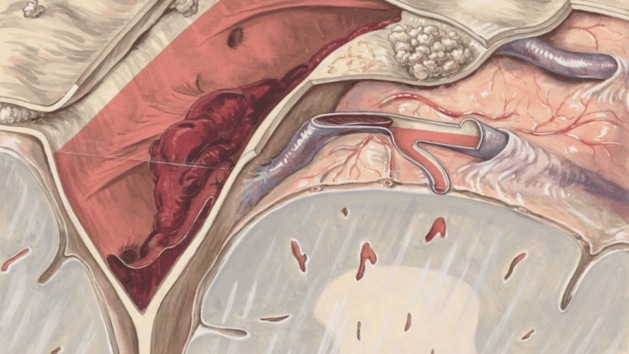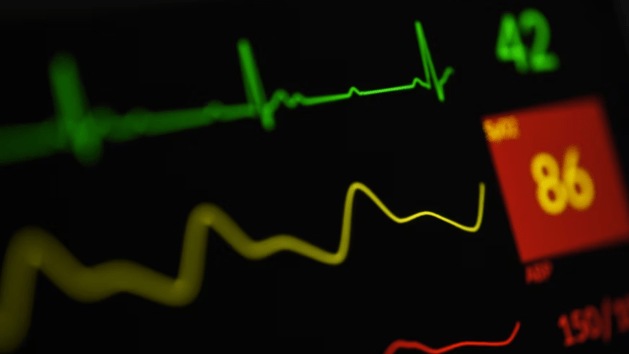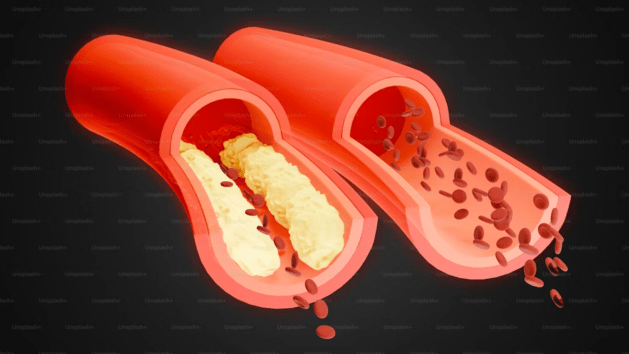The lesser-known link between overtraining and heart attack
Here's what you need to know about the risks of over training and consequently, a heart attack.
Updated: September 24, 2025 10:36 IST 1 / 7
1 / 7Pushing your body hard without enough rest not only affects performance, it can lead to serious cardiac strain and increased risk for heart issues. (Source: Photo by unsplash )
 2 / 7
2 / 7Increased Arterial Stiffness & Reduced Heart Output: Studies show overtraining increases the stiffness of arteries (harder for blood to flow) and decreases stroke volume (the amount heart pumps out) which can strain the cardiovascular system. (Source: Photo by unsplash )
 3 / 7
3 / 7Irregular Heart Rhythms: Long endurance or high intensity sessions without recovery can trigger abnormal heart rhythms, especially in people who already have underlying heart issues. (Source: Photo by unsplash )
 4 / 7
4 / 7Hidden Conditions Get Unmasked: High intensity training may expose or worsen undiagnosed heart disease (like cardiomyopathy, blocked arteries) making events like heart attacks more likely during extreme exertion. (Source: Photo by unsplash )
 5 / 7
5 / 7Overtraining results in Cardiovascular Strain: Excessive training raises resting heart rate, blood pressure, and causes structural stress on the heart. The heart has to work harder, sometimes too hard, for long periods. (Source: Photo by unsplash )
 6 / 7
6 / 7Watch Out for Early Signs: Don’t ignore red flags like chest tightness, extreme fatigue, dizziness, or unusual shortness of breath during workouts. These may signal overtraining or underlying heart problems, seek medical advice immediately. (Source: Photo by unsplash )
 7 / 7
7 / 7What You Can Do To Protect Your Heart: Include rest days and recovery weeks in your training plan. Monitor signs like elevated resting heart rate, worsening performance, mood changes. Ensure proper nutrition, sleep, and hydration. (Source: Photo by unsplash )











